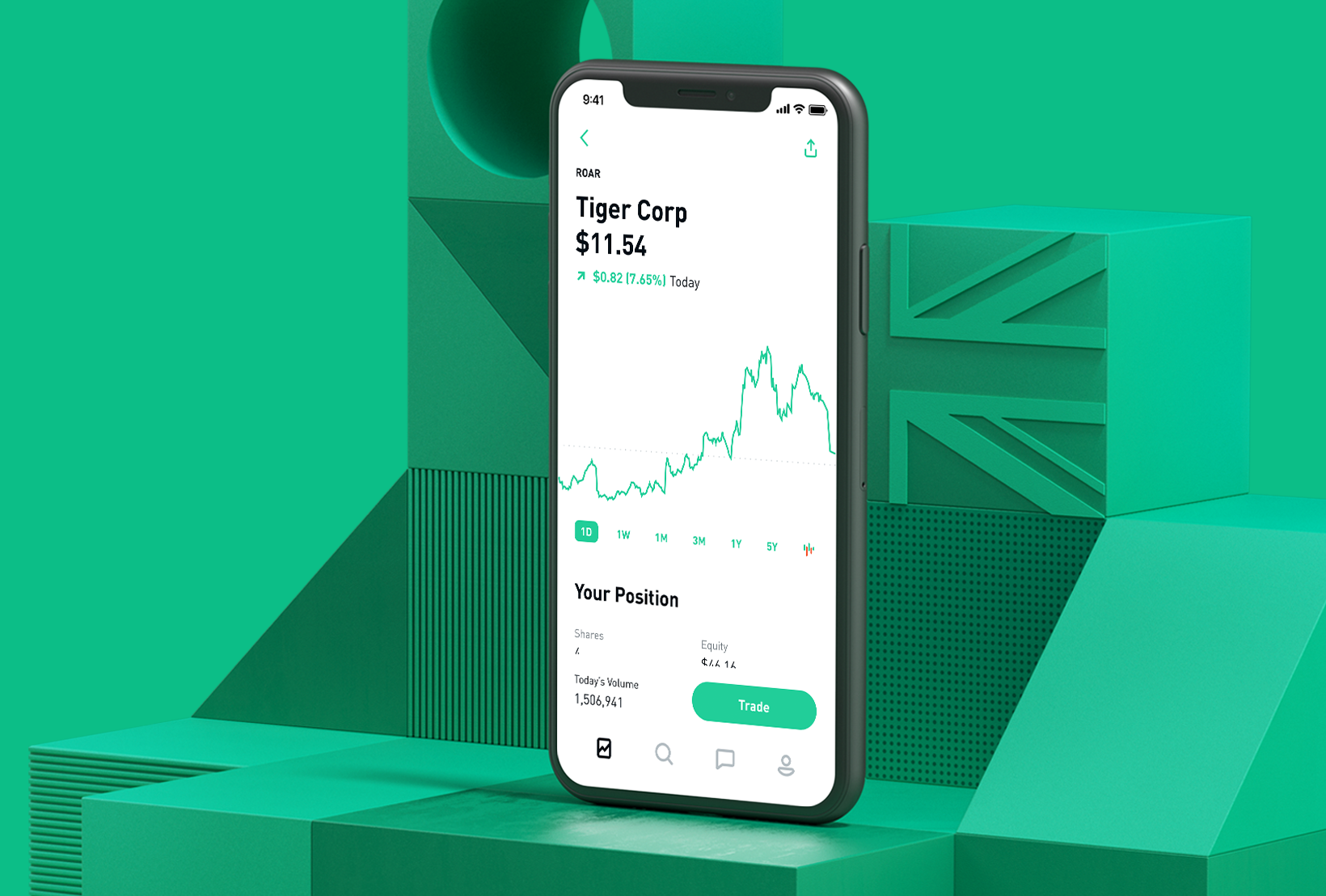The Hong Kong Monetary Authority (HKMA) is reportedly exerting pressure on HSBC, Standard Chartered, and the Bank of China to consider accepting crypto exchanges as clients. According to the Financial Times, three individuals familiar with the matter and a letter have disclosed this information.
The letter, dated April 27 and attributed to the HKMA, states that the due diligence process for potential customers should not burden them excessively, especially for those establishing a presence in Hong Kong to explore opportunities in the region.
Hong Kong has recently taken significant strides to position itself as a global cryptocurrency hub. On June 1, the Securities and Futures Commission (SFC) of Hong Kong began accepting applications for licenses from crypto trading platforms. A Hong Kong lawmaker also invited Coinbase, urging them to register their presence in the region. Notably, these efforts align with ongoing legal actions by US regulators against two of the largest cryptocurrency exchanges globally, Binance and Coinbase.
In an email to CoinDesk, an HKMA spokesperson said, “We have dialogues with different stakeholders from time to time on a host of matters. It is our general practice not to confirm, deny or comment on any of those meetings.”
According to the Financial Times, during a meeting last month, the Hong Kong Monetary Authority (HKMA) questioned HSBC and Standard Chartered, both based in the UK and Bank of China, about their reluctance to accept crypto exchanges as clients. These three banks rank among the largest globally, with the Bank of China being a majority state-owned Chinese commercial bank.
Banks Navigate Complex Relationships with Crypto Companies
A person familiar with the discussion revealed to the FT that the HKMA encouraged the banks to overcome their hesitations during the meeting. They emphasized that resistance stemmed from a conventional banking mindset, and senior executives at traditional banks were displaying some resistance.
The spokesperson for HKMA also emphasized the importance of the new regulations, stating that banks in Hong Kong should strive to fulfill the legitimate business requirements of licensed Virtual Asset Service Providers (VASPs) and provide the necessary banking services.

The Hong Kong Monetary Authority (HKMA) spokesperson emphasized that maintaining a risk-based approach to managing customer risks is of utmost importance for banks. They further stated that in April, the HKMA issued a circular to provide additional guidance to banks regarding banking services to corporate customers, including those in the crypto industry. This demonstrates the HKMA’s commitment to ensuring that banks in Hong Kong adhere to the necessary risk management practices.
Globally, banks and payment settlement companies have had a complex relationship with crypto companies. In the past, certain payment processors severed ties with local exchanges in India, and more recently, reports have surfaced regarding Australian banks blocking payments to crypto exchanges. Although there is no explicit ban on crypto clients in Hong Kong, it appears that banks are cautious about engaging with the industry due to concerns about potential legal challenges in the event of fraudulent activities or scams.
Banks’ Active Engagement in Dialogue with Virtual Asset Players and Regulators
The hesitation exhibited by banks in Hong Kong highlights the need for clear regulatory frameworks and guidelines to instill confidence in the banking sector when it comes to dealing with cryptocurrencies. The HKMA’s circular and ongoing efforts to encourage banks to provide banking services to licensed Virtual Asset Service Providers (VASPs) demonstrate a proactive approach to addressing these concerns.
By promoting a risk-based approach and offering guidance, the HKMA aims to strike a balance between facilitating the crypto industry’s growth and ensuring the financial system’s integrity. This approach can help foster an environment where banks feel more comfortable engaging with crypto exchanges while mitigating potential risks and safeguarding customers’ interests.
HSBC spokesperson informed CoinDesk that they are actively engaged in dialogues with virtual asset players to exchange perspectives on various matters, such as account opening. They emphasized that HSBC maintains a high level of involvement in monitoring policies and developments within the nascent industry in Hong Kong.
Similarly, a spokesperson from Standard Chartered stated that they have regular dialogue with regulators on various subjects, indicating their commitment to staying informed and engaging in discussions about virtual assets’ evolving landscape.
On the other hand, the Bank of China did not immediately respond to CoinDesk’s requests for comments, leaving their stance on the matter undisclosed.
These HSBC and Standard Chartered statements highlight the banks’ dedication to actively participating in conversations with virtual asset players and regulators. By maintaining an open line of communication, these banks aim to stay abreast of the latest developments, policies, and industry trends in Hong Kong’s rapidly evolving virtual asset sector.











